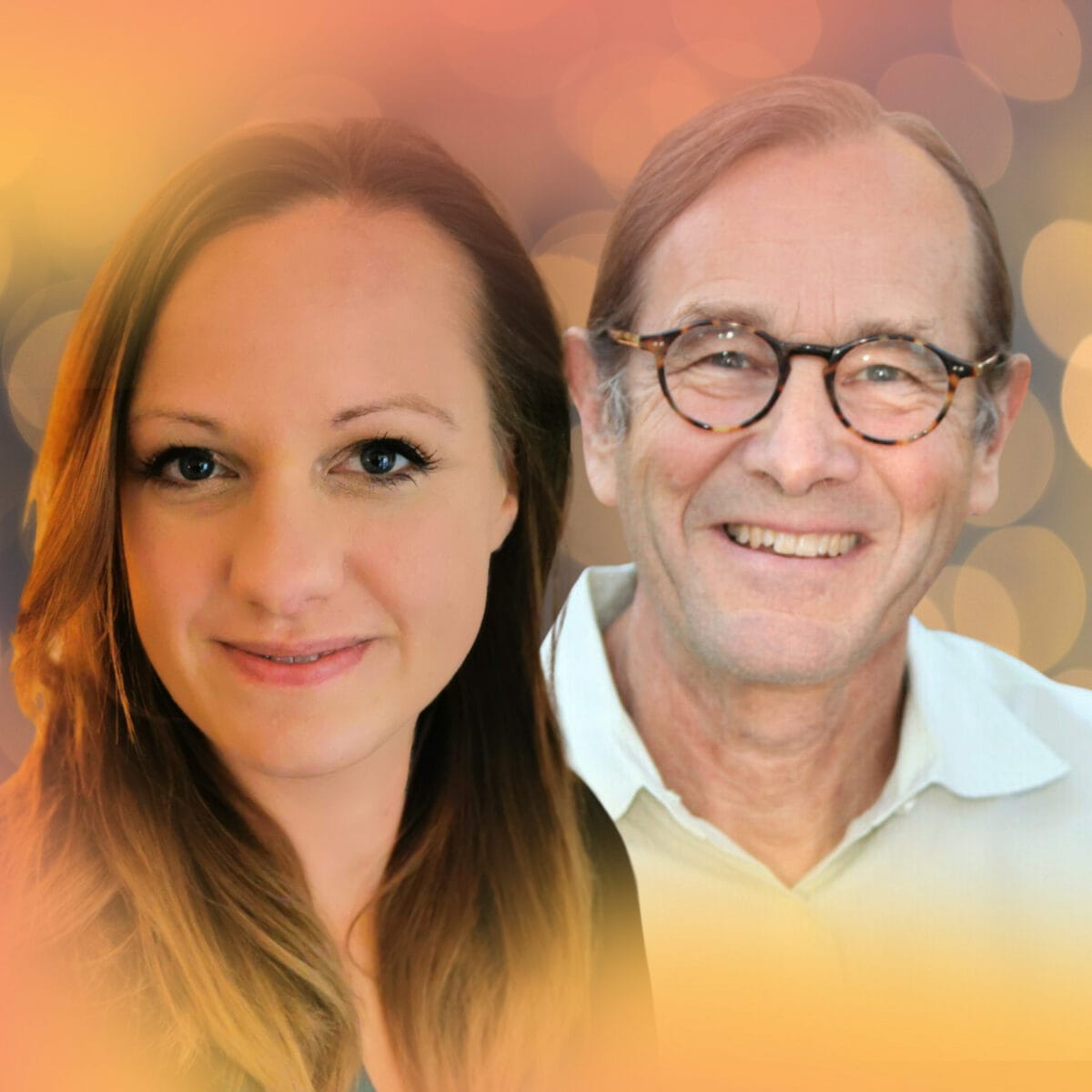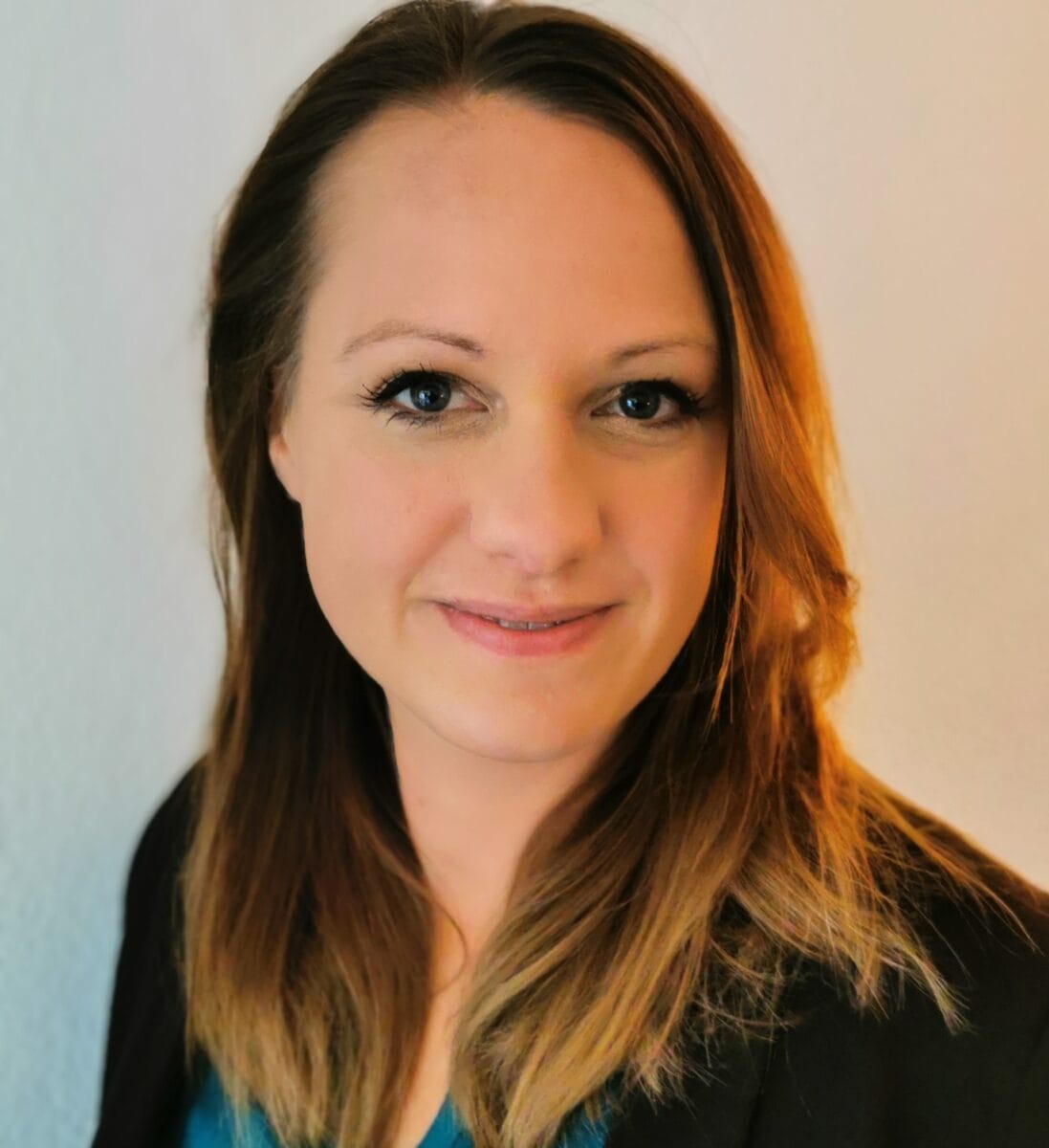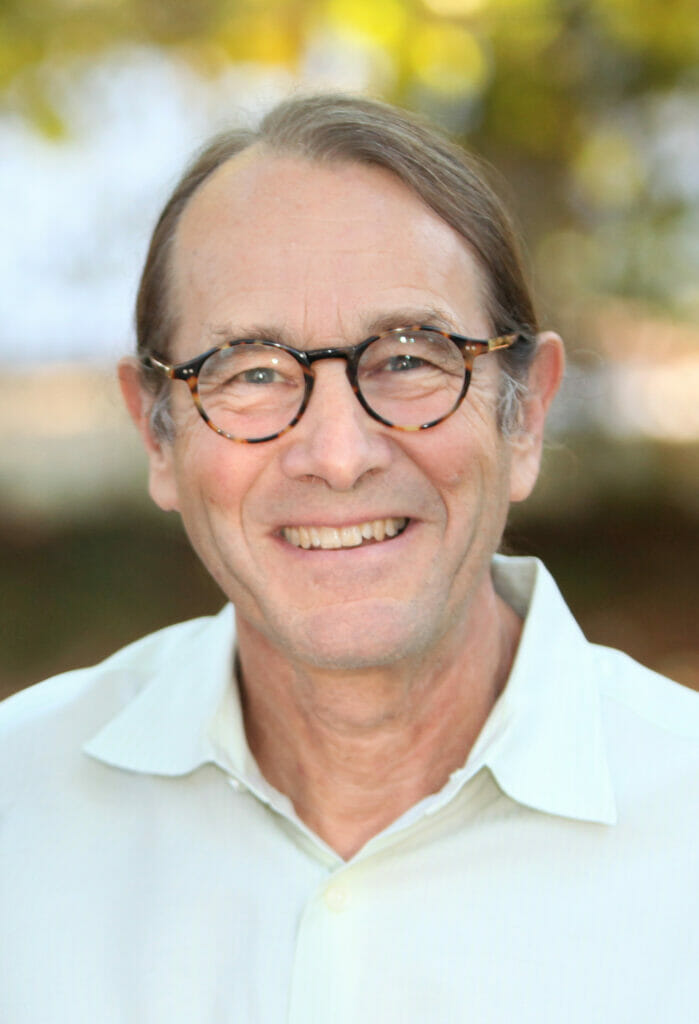
Therapy
PT453 – Neuroplasticity, Individualized Integration, and Psychedelic Medicine – Israel 2024
October 20, 2023
Featuring: Katrin Preller, Ph.D. & Dr. Michael Mithoefer
In this episode, David interviews psychiatrist, main researcher behind the first US Phase II trial of MDMA-assisted psychotherapy, and Senior Medical Director at MAPS Public Benefit Corporation: Dr. Michael Mithoefer; and Research Group Lead at the University of Zurich, and Principal Clinical Biomarker Lead at Boehringer Ingelheim, Katrin Preller, Ph.D.

In this episode, David interviews psychiatrist, main researcher behind the first US Phase II trial of MDMA-assisted psychotherapy, and Senior Medical Director at MAPS Public Benefit Corporation: Dr. Michael Mithoefer; and Research Group Lead at the University of Zurich, and Principal Clinical Biomarker Lead at Boehringer Ingelheim, Katrin Preller, Ph.D.
Mithoefer, Preller (and David) are speakers at Psychedelic Medicine – Israel, which will now take place July 28 – 31, 2024, in Tel Aviv. They discuss the conference and their current research: Preller’s neuroimaging and work with psilocybin for alcohol use disorder, and Mithoefer (likely) being extremely close to seeing the FDA approve MDMA-assisted psychotherapy. He talks about how the therapeutic protocols for MDMA-assisted psychotherapy were created, what it’s like to be so close to legalization, and how the next challenges will be accessibility and not minimizing therapy in favor of faster turnover.
They discuss neuroplasticity and whether or not it actually translates into something in humans; the concept of performing brain scans before a psychedelic experience to look for trauma biomarkers (and how this could actually result in savings over time); the excitement of seeing clinical work and neuroscience progressing in parallel; why integration frameworks need to be individualized; and the importance of embracing different therapeutic approaches.
Notable Quotes
“We need to find ways to make it increase the cost effectiveness or the efficiency without losing the human connection and the inclusion of robust therapy in the process. So it’s a big challenge. But in the research, we’ve done everything we could think of to increase the chances of safety and success and efficacy. So we couldn’t individualize. So I think part of it will be figuring out: some people may need even more support than they had in the research, but some people may be able to do it in a more streamlined way, and also groups and things like that. So I think we need to be really creative about how to do it and also resist the pressures of minimizing the therapy and the human connection in favor of speed.” -Michael
“We’ve already shown in healthy participants that basically the way your brain is working without any substances on board is associated with the way your brain reacts to a psychedelic. And we’ve seen that across different brain metrics. That doesn’t tell us anything about clinical efficacy quite yet, but it tells us that there is something in your usual daily waking state that may have to do with how you react to a psychedelic. Now, the next step would then, of course be: well, can we close the gap on how you react to the psychedelic, whether that has something to do with whether or not you actually get better after psychedelic or MDMA-assisted therapy? So there are many gaps for sure at this point, but I think that doing this research, we may eventually be able to close these gaps and eventually maybe have an idea of who may benefit, who may not benefit, [or] whether MDMA is the correct or the most beneficial treatment versus psilocybin.” -Katrin
“One of the dangers I see if these drugs are approved is thinking you need more drug, you need higher doses, you need it more often or whatever, instead of: You need more integration.” -Michael
Links
Pharmaco-Neuroimaging and Cognitive-Emotional Processing (PD Dr. K. Preller)
LSD Psychotherapy: The Healing Potential of Psychedelic Medicine, by Stanislav Grof



